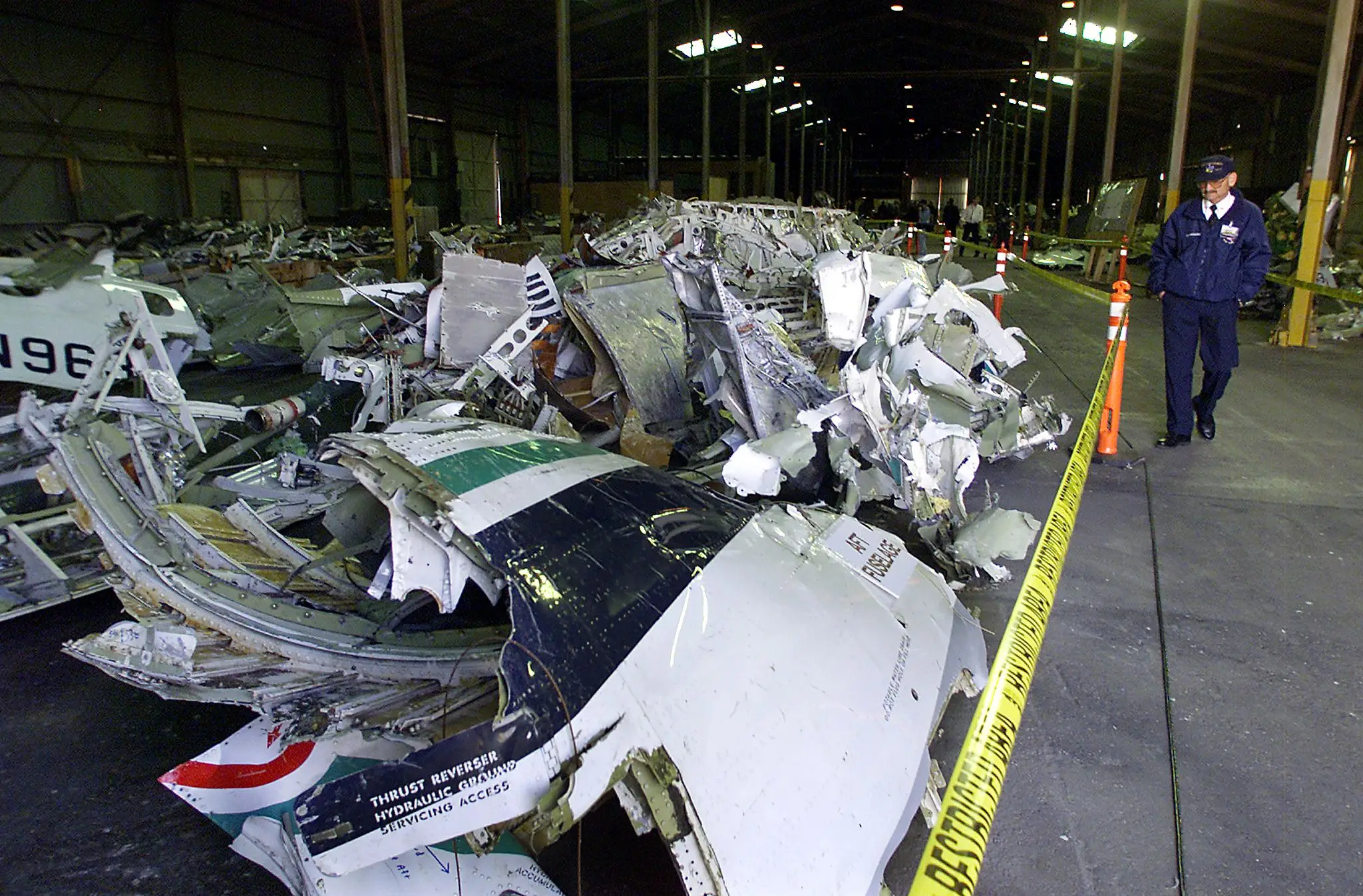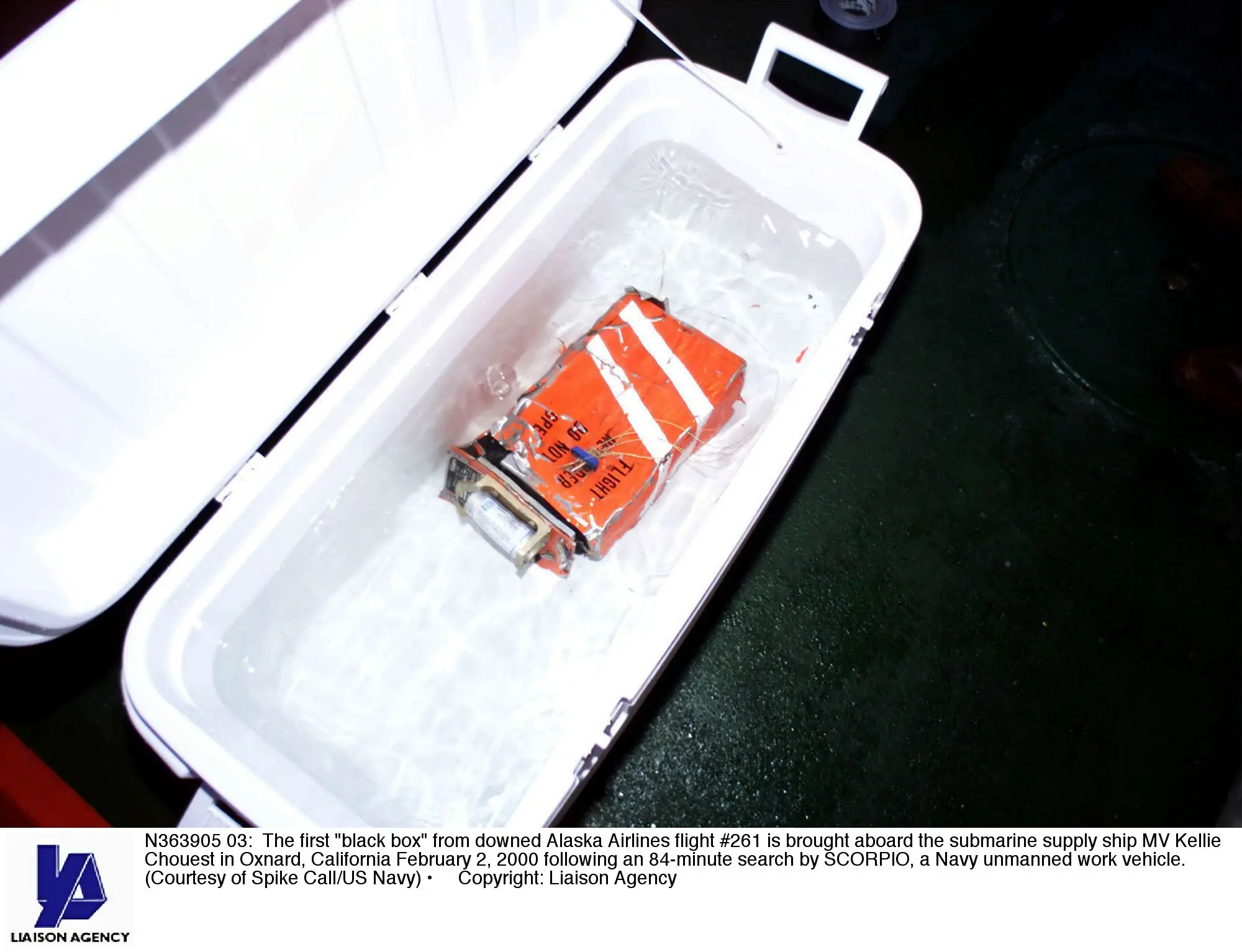
On January 31, 2000, Alaska Airlines Flight 261 took off from Puerto Vallarta, Mexico heading to Seattle, in what seemed to be a completely normal routine flight.
That was until tragedy struck.
The flight was scheduled to make a brief stop San Francisco International Airport (SFO) before reaching its final destination. However, it never made it.
During its flight, Alaska Airlines Flight 261 started losing control over the Pacific Ocean a few miles north of Anacapa Island, California.
Advert
On board the US-bound flight were 88 people in total, including 83 passengers, three cabin crew and two pilots, none of which survived the deadly crash.

Why did Alaska Airlines Flight 261 crash?
During the flight, air traffic control asked Flight 261 about their current conditions, in which the pilots let them know they were trying to troubleshoot issues with a jammed horizontal stabilizer.
While they were troubleshooting, they requested, and were given an altitude block between 20,000 and 25,000 feet. They then sought to gain clearance to divert to LAX airport, which was also granted.
The FAA reported that the jackscrew in the tail of the plane failed had failed due to a lack of lubrication of the jackscrew assembly, which had in turn caused excessive wear, and ultimately lead to the crew losing control of the aircraft.

The chilling final moments of Alaska Airlines Flight 261
The issues with the horizontal stabilizer meant that the crew had no vertical control of the plane. While it initially started to plummet, the pilots managed to seemingly get the plane 'kind of' under control.
Captain Thomas was heard in chilling cockpit audio reporting to air traffic control: "Yeah we've got it back under control there." However, First Officer Tansky could be heard in the background saying: "No, wo don't."
The pilots attempted to fly the plain while inverted, which had almost completely stopped the aircrafts decent, however, at this point it had lost too much altitude, making it beyond being able to recover.
Shortly after reporting that they were 'kind of stable' the plane was reported by another pilot as doing a 'big huge plunge' to which it was then reported to the LA tower that the plane was in a 'nose down position descending quite rapidly'.
Shortly after, the aircraft hit the Pacific Ocean at high speed, destroying it on impact and causing the death of everyone onboard by blunt-force impact trauma.
The Black Box, Jackscrew and other parts of the wreckage were then recovered, where around 80 percent of the aircraft has now been reconstructed in a hanger at the Port Hueneme Naval Base in California.
A 20 ft long sundial, which has been designed to cast a shadow on the memorial plaque every January 31 has also been constructed at Port Hueneme to mark the date of the tragedy.
